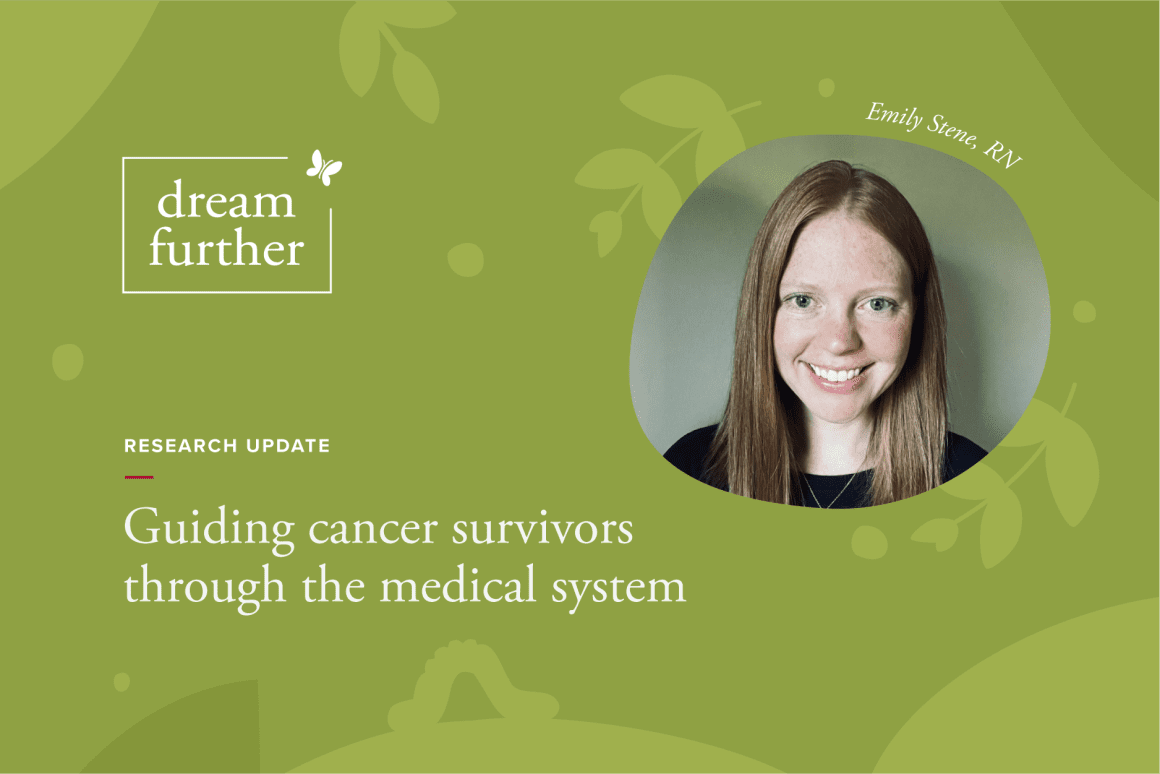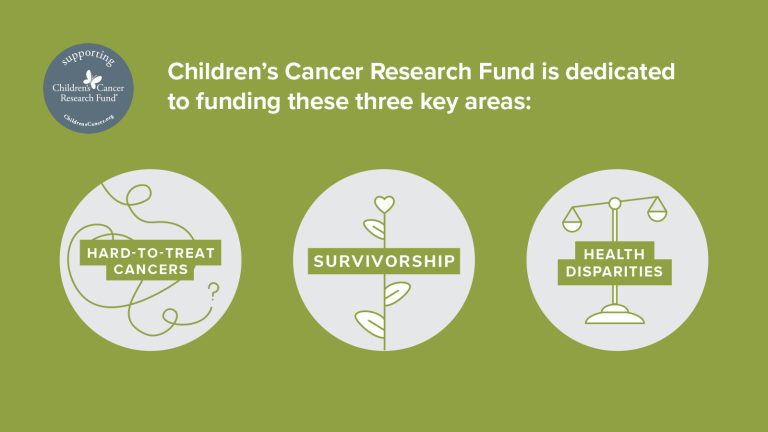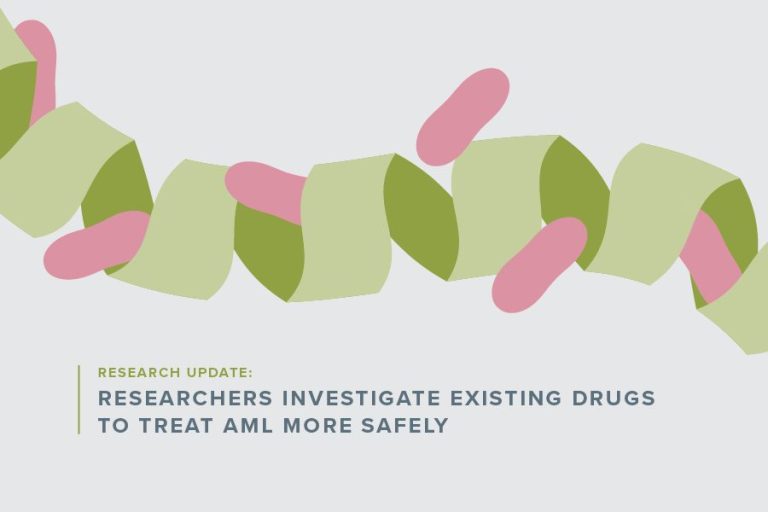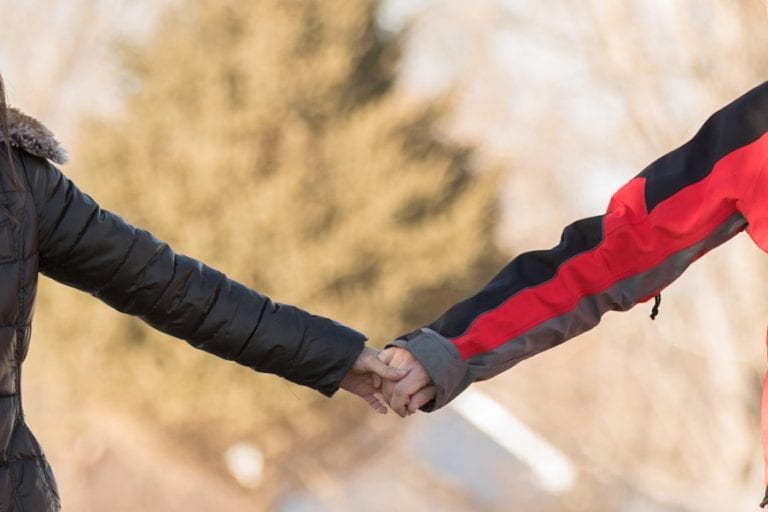Anyone who has had to navigate the medical system knows it isn’t exactly a breeze. But it’s especially difficult for childhood cancer survivors, who often have complex medical histories that span years, include dozens of medications and procedures and often come with long-term side effects.
Emily Stene, RN, BSN, knows this all too well – she was driven to become an oncology nurse after surviving childhood cancer herself. After years of experience with adult nursing, research and care coordination, she recently became the Childhood Cancer Survivorship Program Nurse in the Katie Hageboeck Children’s Cancer Research Fund Clinic at the University of Minnesota Masonic Children’s Hospital. She sees herself as not just a healthcare provider, but also as a personal guide – a guide who can take the pressure off of wading through the swamp of making follow-up appointments, asking doctors the right questions and knowing when to seek care.
“The care of this patient population is so important to me,” she said. “This new position marries all of my previous work experiences and provides me with the most rewarding full circle moment.”
Keeping Survivors Healthy
A key part of Stene’s job is to keep survivors from slipping through the cracks of the medical system. An astounding 95% of childhood cancer survivors experience a major health issue by the time they turn 40. However, only one in five of them receive the follow-up care they need in order to address health issues stemming from their treatment. Plus, survivors who are now adults often don’t have the full picture of what they went through during treatment, since they may have been too young to be full participants in their own healthcare at the time.
Stene recently spoke with the mother of a patient who was treated at the University of Minnesota many years ago. The patient’s mom wanted help for her daughter, now in her 20s, who was struggling to independently manage her own follow-up.
“I spent a lot of time on the phone with her, talking about how we can work together to support a successful transition of care and how this is a major area of focus for us,” Stene said. “The mom remarked, ‘This just reaffirms why we chose the University of Minnesota for our care in the first place.’”
Research that Dreams Further
Stene says she’s felt the difference she’s making right now, but she also sees how her work will continue to help kids with cancer for generations to come. Another essential part of her role is speaking with families about enrolling in studies regarding the impact of their child’s cancer treatments. These studies include kids who are still in treatment or recently finished treatment, and they’ll generate findings that care teams can put into practice at Katie’s Clinic right away. But many of them likely will never benefit from them directly.
“At this stage in their cancer journey, the research studies cancer survivors participate in typically serve to benefit future generations,” Stene says. “After we discuss this, nearly all patients, even the kids, say ‘Yes, if it will help someone else, I want do it.”’
Stene says she is eager to further develop the benefits and offerings of the Survivorship Program. She hopes that in the future, this kind of personalized follow-up and support will become the standard of care for childhood cancer survivors. She plays a critical role in supporting research-related activities that will drive positive change and outcomes for future generations of cancer patients and survivors.
Thank you to donors of the Dream Further Campaign
Stene’s position at the Katie Hageboeck Children’s Cancer Research Fund Clinic was made possible by donors to CCRF’s Dream Further Campaign in 2021. Hundreds of childhood cancer survivors will have access to her guidance and expertise because of donors like you. Interested in making a charitable gift to support survivorship research and coordination of care? Please reach out to Kenna Dooley at KDooley@childrenscancer.org or 952-224-8486 to start a conversation.
Your donation funds research for kids from diagnosis through survivorship.
Your support propels bold ideas forward and empowers researchers to discover treatments that are better and safer for kids, and ensure every child can have a long, healthy life after cancer.




